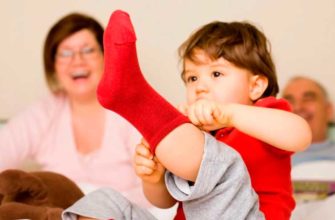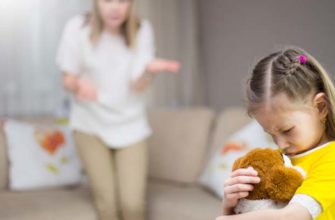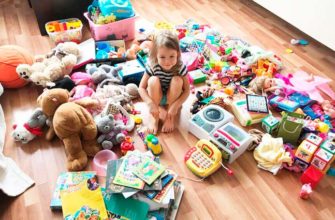“Unwanted” friends are children who are not like your child, whose behavior does not fit into the moral framework of society. How to convey to a child information with whom he should be friends, and with whom not. And how not to hurt his feelings?
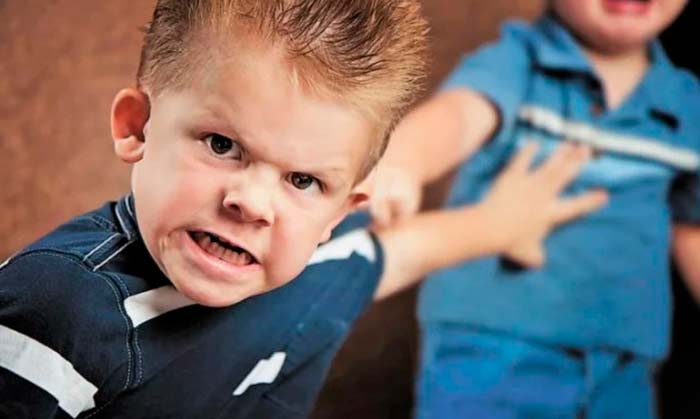
At the youngest two-three year olds, children do not have a clear understanding of friendship, awareness comes already in school years. Toddlers communicate with those who happen to be nearby. The social circle is constantly changing and depends on what kind of sandbox a child plays today. When for some reason the parents are not satisfied with the environment of the baby, it is enough to change the place of walks. The child himself will not remember with whom he played yesterday. The situation is more complicated in kindergarten, where groups have already been formed, and the child spends a lot of time with other children. But here, in the usual sense, there is no friendship yet. Children quickly wean from each other. The first true friends appear at school, and it is quite difficult to influence the choice of a child.
How children choose friends at school
No wonder they say "you can’t deceive children." They are sincere in the manifestations of emotions and feel false in relation to themselves. From here we can single out the principles of the child’s choice of friends.
- Children are friends with those with whom they like to communicate. Boys and girls converge on the background of common interests and activities. Masha and Katya go dancing together, and Dima and Vasya play the same computer game. They have something to talk about and what to learn from each other.
- Schoolchildren do not look at religion and the material situation of a comrade. On the contrary, differences are of additional interest. A child from a wealthy family, sometimes you may want to know how ordinary people live, and a Christian becomes interested in the history of Islam. There is nothing terrible about this.
- Friendships often lack benefits. The child is unlikely to be friends only because someone is useful to him. Dvoechniki, of course, write off the excellent students, but they specially build units of themselves as great friends.
- Children are looking in friends for something that they themselves lack. If the child has contacted a bully, most likely, he lacks confidence. Complementing the qualities of each other. With age, an understanding of the self is formed, so children are less likely to imitate each other.
Look critically at the parenting methods that you use. If a child is attracted to “bad” children, then he involuntarily tries to draw courage and independence from them.Perhaps you are driving the child into too tight a framework, preventing him from turning around and feeling himself a personality. Scolding bullies so that the child is not friends with them, you can achieve the opposite effect. The inevitable stage of growing up is rebellion, from here they can disagree with you and communicate in spite.
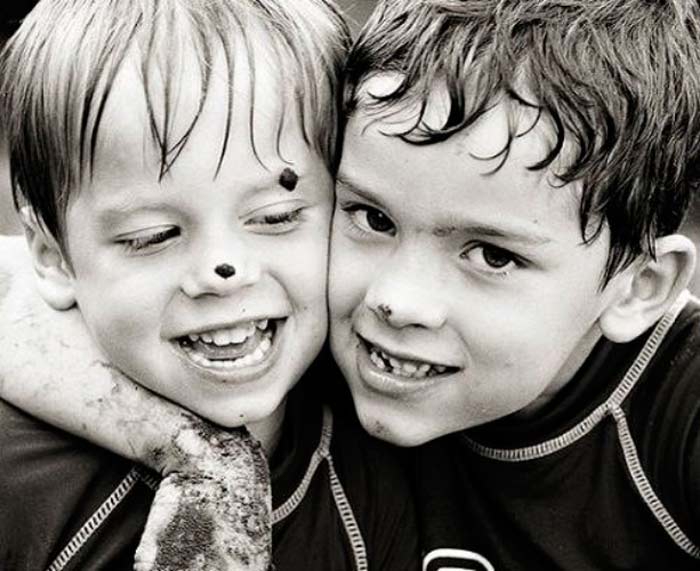
Methods of interaction with the child
Friends are not chosen for nothing, there is always a reason. Your neighbor boy seems to be a little sloppy, but your son stubbornly talks to him. That's because he saw how he heroically rescued a kitten from the roof of a two-story house. Parents are not always able to discern the good qualities that children see. Try to be more attentive to the stories of the child, establish good relations with the parents of friends, watch the development of friendship from the side, but do not intervene without unnecessary necessity. Friendship and communication are the basis of development, and the parent's task is to gently guide the child in order to avoid negative consequences.
Emergencies in which there is a place for alcohol, drugs or offenses is a special case. Here you need to clearly define the boundaries.
An atmosphere of mutual understanding in the family will be a good help in the processes of influence. When a child willingly shares experiences and talks about new acquaintances, it is easier to control the situation. If your friends do not seem very good to you, do not rush to conclusions. A bully can be a true friend, and a loser can be a successful athlete. Let the child invite a friend to his home. This will provide an opportunity to meet in person and draw the right conclusions about the person.
Take a closer look at how they communicate among themselves, whether there are elements of imitation. If you identify a negative impact on your child, when, for example, there is an unequal relationship between them and someone obeys someone, talk to him tactfully. Inadvertently, tell a story from personal experience, albeit a fictional one, about what you fear. Your task is to give the child information, to warn him, leaving the choice to him. Try to talk more about relationships. Talk about what real friendship should be. So the child will be easier to navigate in a particular situation.
Jumble: Bad Influence


